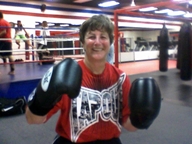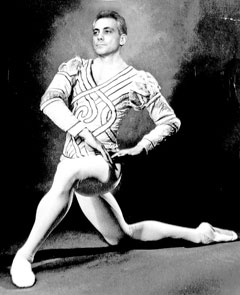
Ms. Kathi R. Levin
Encouraging the Student Voice
Posted by Mar 17, 2011

Ms. Kathi R. Levin

Kathi R. Levin
Participation in and advocacy for the arts and arts education is a lifetime, persistent agenda that many of us believe is critical to living an educated, reflective, expressive, and complete life.
We are passionate people, often not afraid of sharing what matters to us. After all, the arts are about “making meaning.”
In that effort, sometimes we are so eager to share our beliefs that we fail to maximize the leverage that we might by encouraging learners – both adults and younger students – to articulate why the arts, participating in them as both artists and audience, are at the heart of what they have come to care about as an important part of their complete educational experience.
Thanks to the good work of Americans for the Arts, we actually have a great deal of the data we need about the economic impact of the arts and the 5.7 million jobs that are in place due to the arts.
Can you really make a living as an artist, or even as someone working behind the scenes in the governance and management of the arts and arts organizations?
Read More
































 Less than a week ago, something happened in Chicago that hadn’t happened in more than 20 years -- we had a race for mayor … without Richard M. Daley on the ballot!
Less than a week ago, something happened in Chicago that hadn’t happened in more than 20 years -- we had a race for mayor … without Richard M. Daley on the ballot!





 Wolf Trap Foundation for the Performing Arts recently launched an innovative Early Childhood STEM (Science, Technology, Engineering, Math) Learning Through the Arts initiative that builds upon its 30-year history developing and delivering early childhood arts education programs.
Wolf Trap Foundation for the Performing Arts recently launched an innovative Early Childhood STEM (Science, Technology, Engineering, Math) Learning Through the Arts initiative that builds upon its 30-year history developing and delivering early childhood arts education programs.



